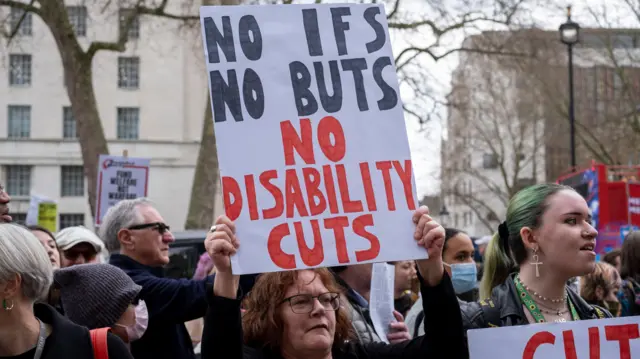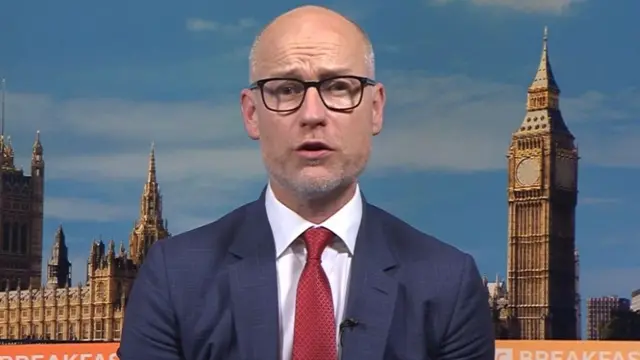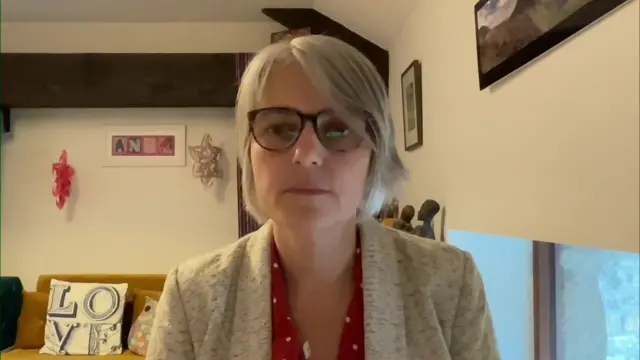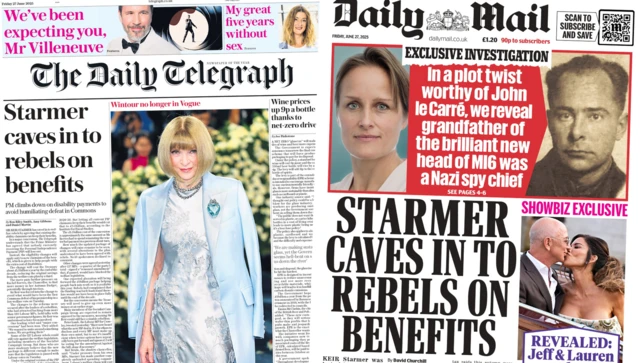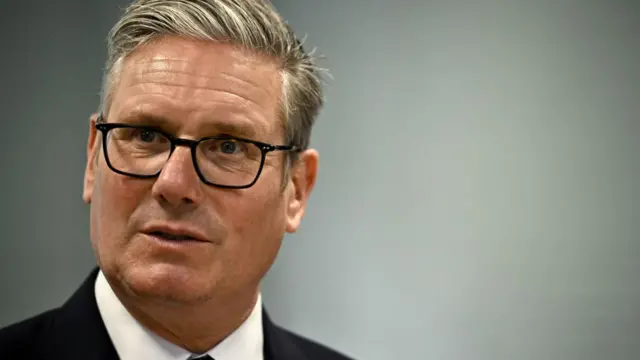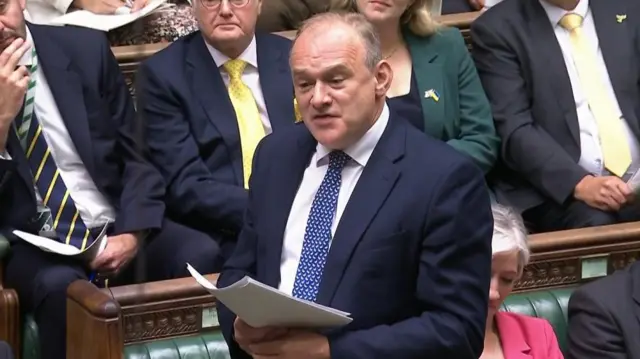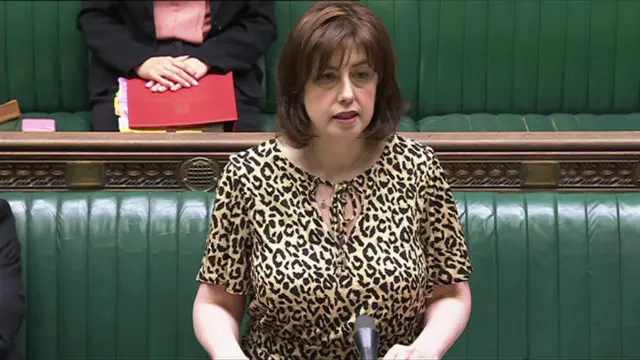MPs from other parties react to Starmer's U-turnpublished at 09:03 BST 27 June
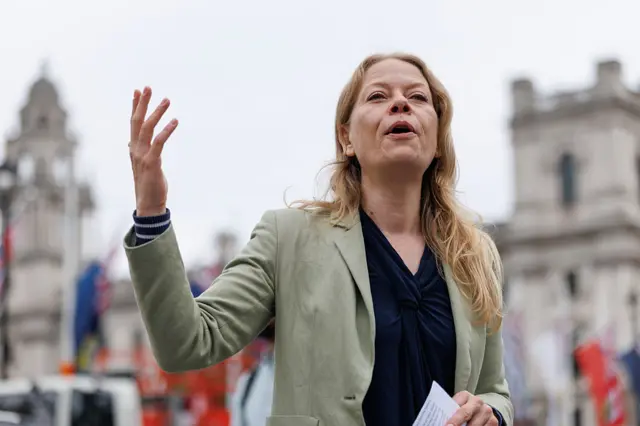 Image source, Getty Images
Image source, Getty ImagesGreen Party's Sian Berry calls on Starmer to withdraw the bill
As we've been reporting, Keir Starmer's government is making changes to its welfare bill, offering a series of concessions to Labour rebels.
It's not just Labour – MPs from other parties have also reacted to the prime minister's late-night U-turn.
Shadow work and pensions secretary Helen Whately describes the U-turn as "humiliating".
"We offered to help the government make bigger and better welfare savings to get more people off benefits and into work," she said on X. "But Starmer ducked the challenge - leaving taxpayers to pick up the bill."
Green Party MP Sian Berry is calling on Starmer to withdraw the bill.
"The responsibility is now with other Labour MPs to stand firm in the face of this inadequate offer," she says.
"Political pressure means a reprieve for some who were set to be cruelly harmed, but this will leave disabled people, young people and those who will become sick and injured in the future, high and dry."
We'll bring you more reactions as we get them.


